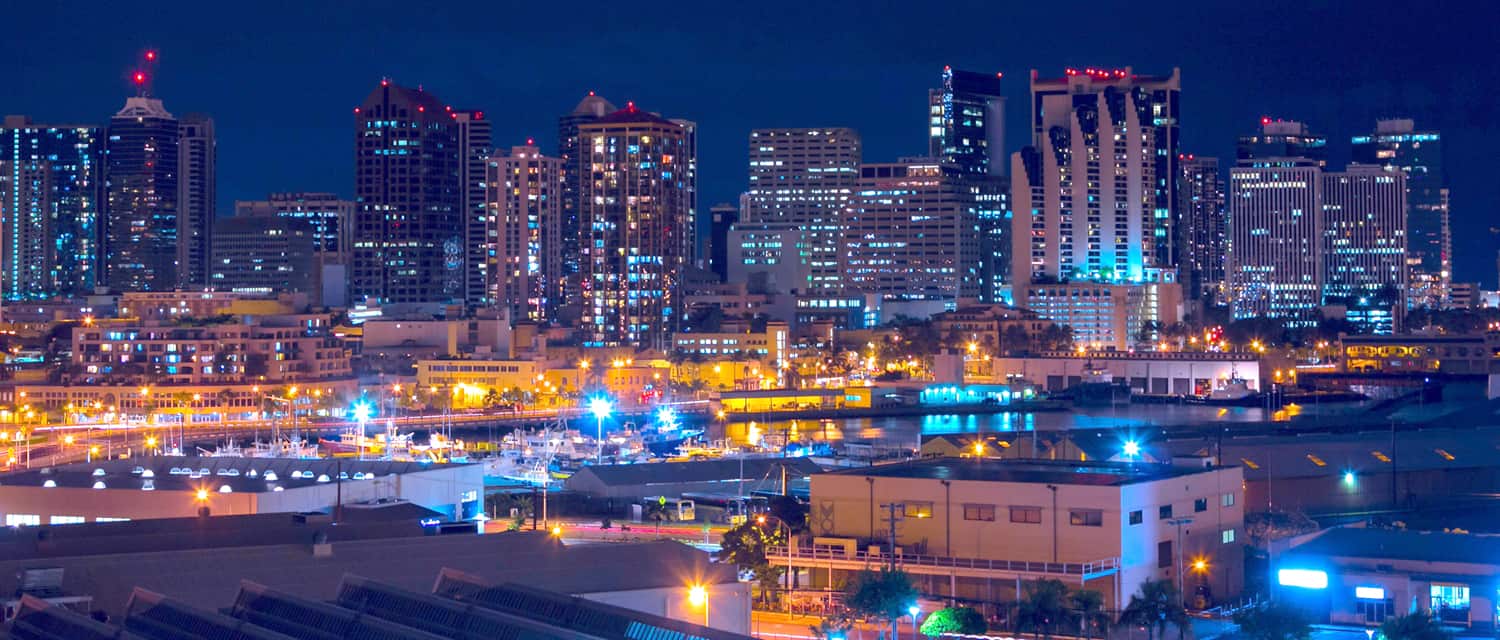When it comes to shipping a car overseas, one of the first things that you…

PierPass to hike fee, citing higher ILWU costs
The traffic mitigation fee charged on container movements at the ports of Los Angeles and Long Beach will increase to $69.17 per 20-foot-equivalent unit from the current $66.50 per-TEU fee, effective Aug. 1.
John Cushing, president of PierPass Inc., said the increase reflects the higher labor costs that terminal operators face as a result of the recently signed coastwide contract between the International Longshore and Warehouse Union and the Pacific Maritime Association.
PierPass administers the extended gates program at the largest U.S. port complex. It is the only formal program at U.S. ports that operates four weeknight shifts plus a Saturday day shift in addition to five regular daytime shifts each week. Revenues from the fee serve two purposes: they help to compensate terminals for running five extra shifts each week, and the fees also encourage truckers and cargo interests to deliver and retrieve containers during off-peak hours when traffic is lighter.
Since its inception 10 years ago, the PierPass extended gates program has consistently pushed slightly more than 50 percent of truck traffic at the ports to off-peak hours. The traffic mitigation fee is not charged during the off-peak shifts. The Los Angeles-Long Beach port complex handles more than 15 million TEUs a year.
The rate per 40-foot container also increased and is now $138.34. The ILWU contract that was ratified in May contains a pay increase that is retroactive to July 1, 2014, plus a salary increase on July 1, 2015. The last traffic mitigation fee increase was in August 2013.
Cushing said the members of the West Coast Marine Terminal Operators Agreement, which oversees PierPass, agreed to incorporate both the 2014 and 2015 ILWU pay increases into the new traffic mitigation fee effective Aug. 1, but the WCMTOA members decided to forego any back revenues that could have applied for the period July 1, 2014 through June 30, 2015. The recent PMA-ILWU contract negotiations dragged on for almost a year.
PierPass and the traffic mitigation fee were originally intended to mitigate port-generated traffic on Southern California roadways and freeways during the peak vehicular daytime hours, but the program has also helped to spread out truck traffic at the 13 container terminals in Los Angeles-Long Beach over 16 hours each day, helping to reduce terminal congestion.
Some terminal operators at other major gateways on both coasts have developed ad hoc programs of extended gates, but attempts elsewhere to develop a full schedule of five additional gates each week have been hung up either by insufficient traffic to warrant full extra shifts,or disagreements over how to fund such programs.
However, the onslaught of big ships and large cargo surges at major gateways on both coasts is focusing greater attention on the need for extended gate hours. A recent study by PIERS, a sister product of JOC.com within IHS Maritime & Trade, stated that Los Angeles-Long Beach is number one in the world, and New York-New Jersey is number two, in generating container moves per vessel call.
The Southern California ports generate an average of 5,108 container moves per vessel call, and the East Coast’s largest port generates an average of 4,295 moves, primarily because each vessel string calling at the two U.S. mega-ports call at fewer ports, whereas at other major global gateways, vessel strings can call at five or more ports. Container moves per vessel call at Asian, European and other U.S. ports are below 3,000, according to the PIERS study.




Comments (0)